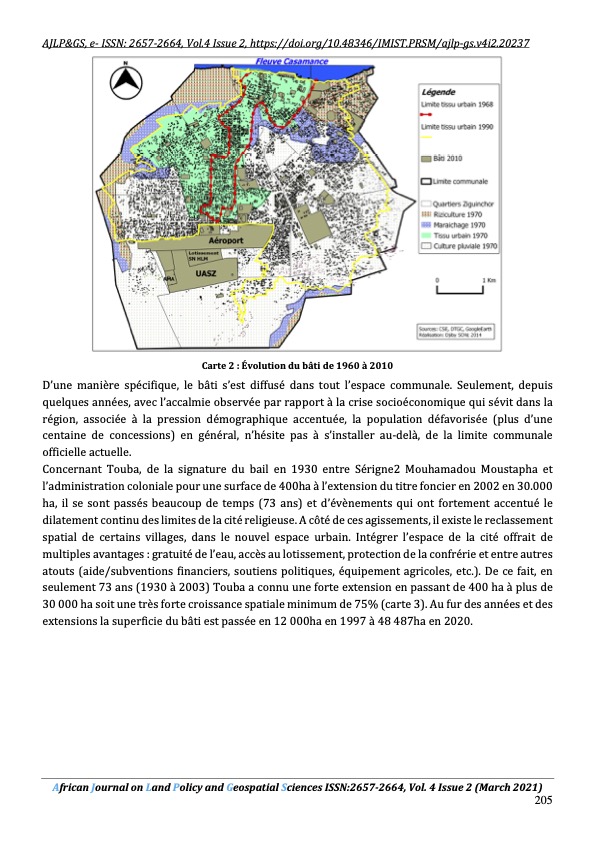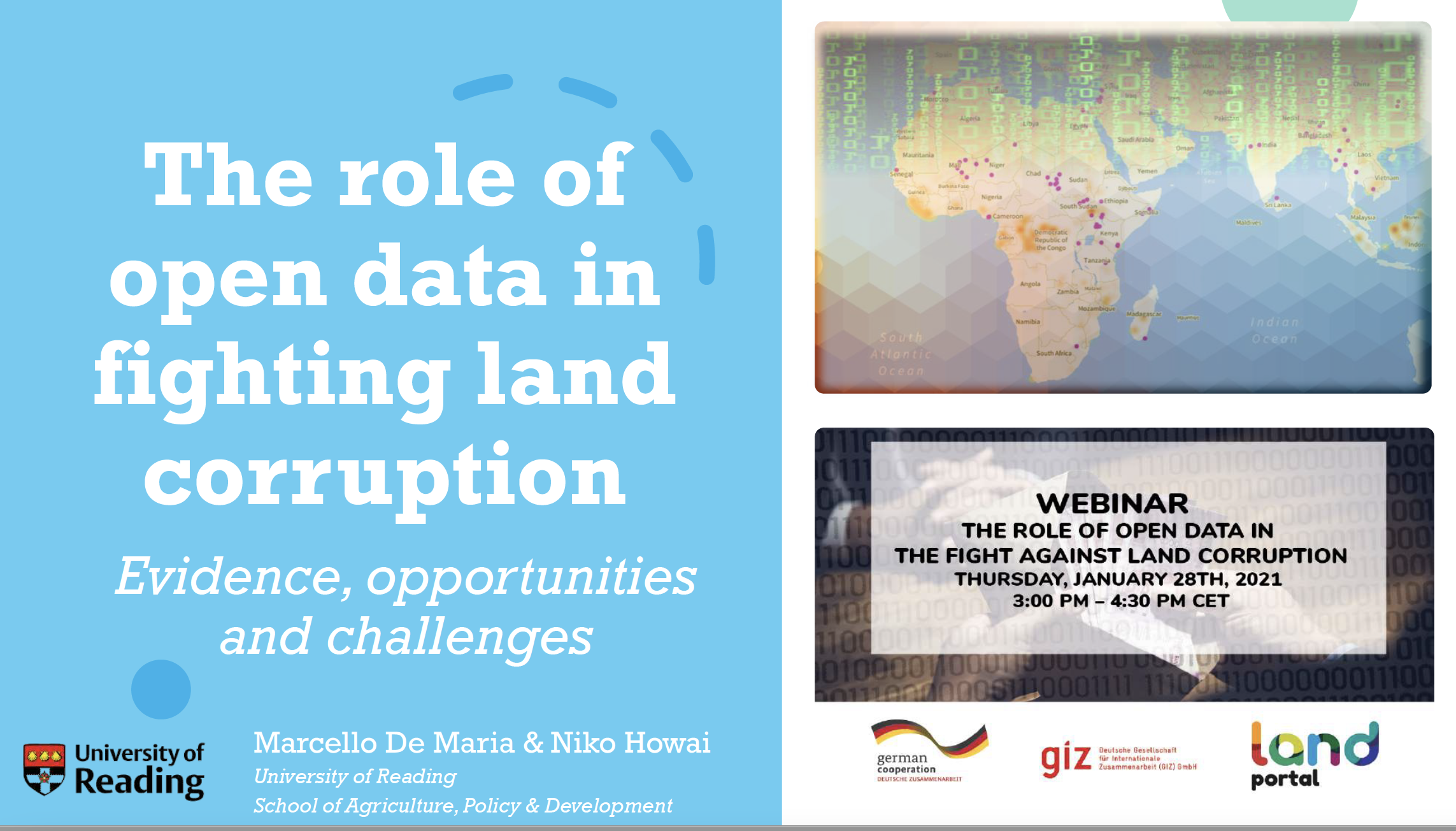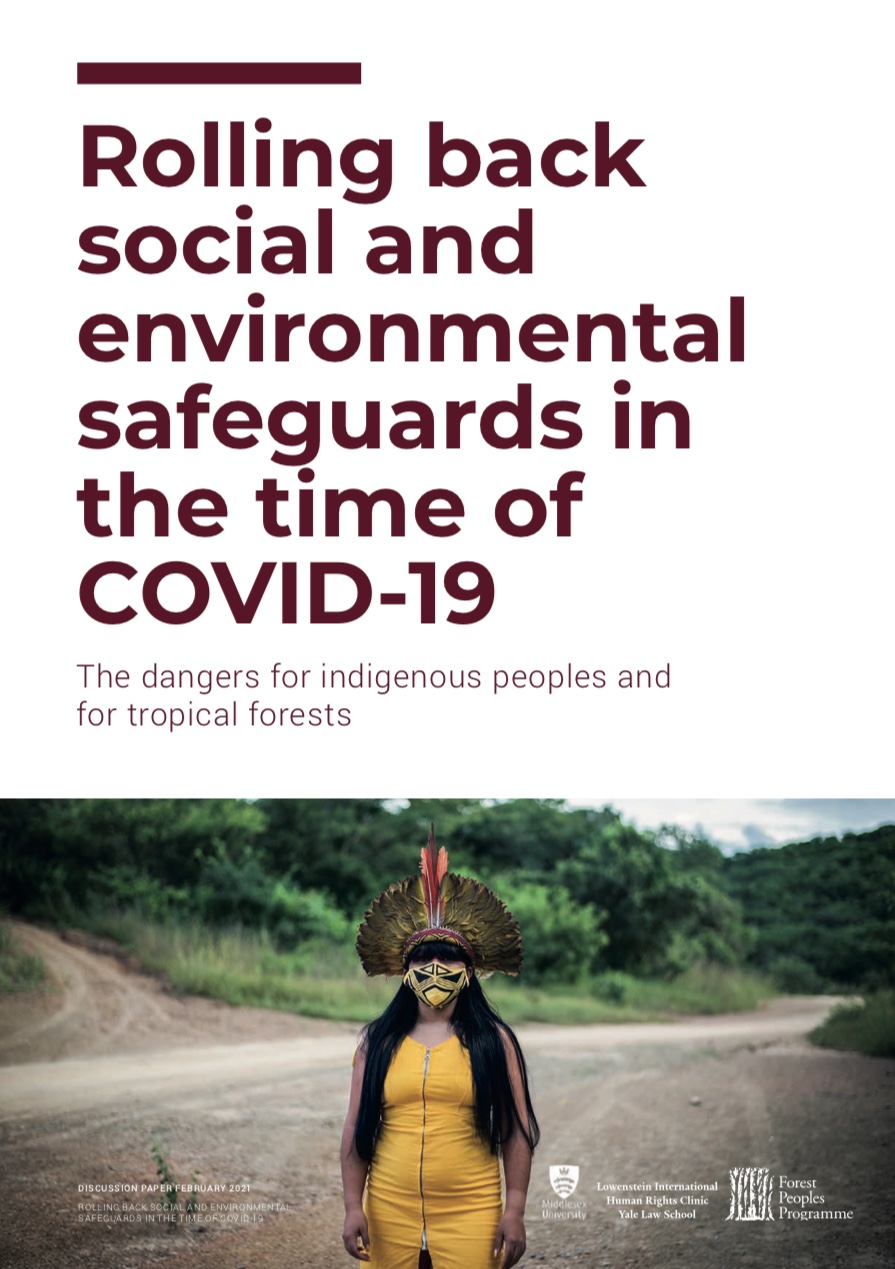Transparency of Land-based Investments: Cameroon Country Snapshot
New research by CCSI and the Centre pour l’Environnement et le Développement (CED) on transparency of land-based investment in Cameroon.
In the report, CCSI and CED find that:
- Communities continue to be excluded from decision-making around investments.
- The government pursues a top-down approach to concession allocation and remains reluctant to recognize all legitimate tenure rights.







